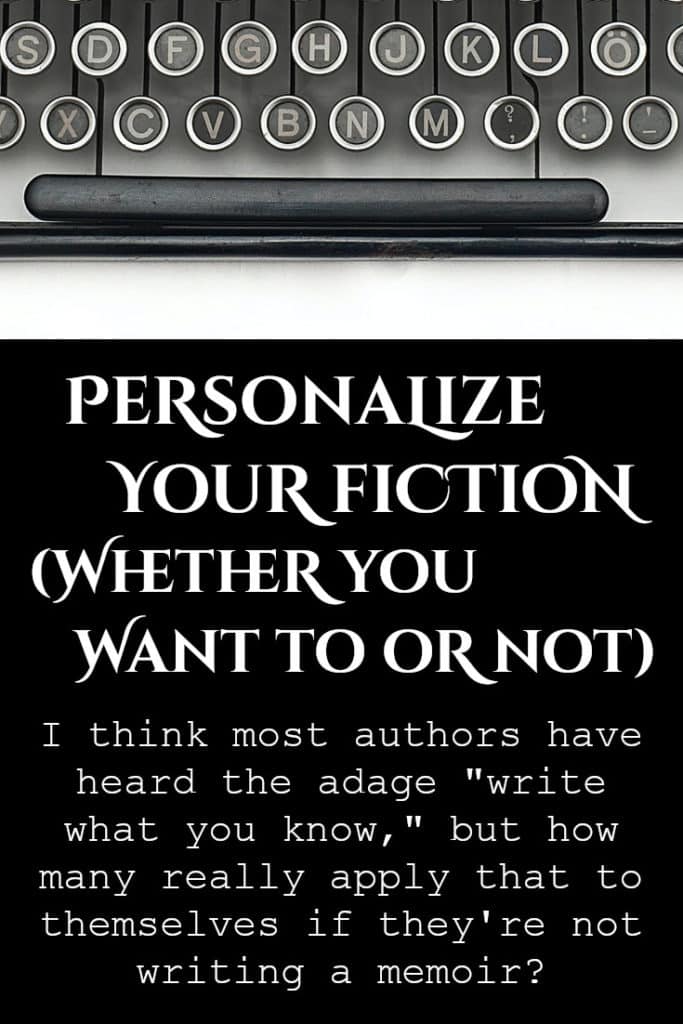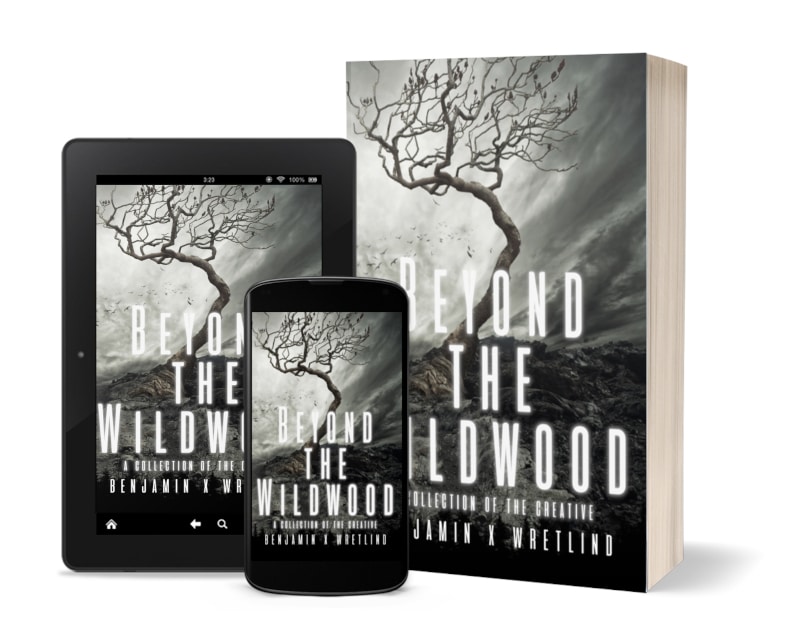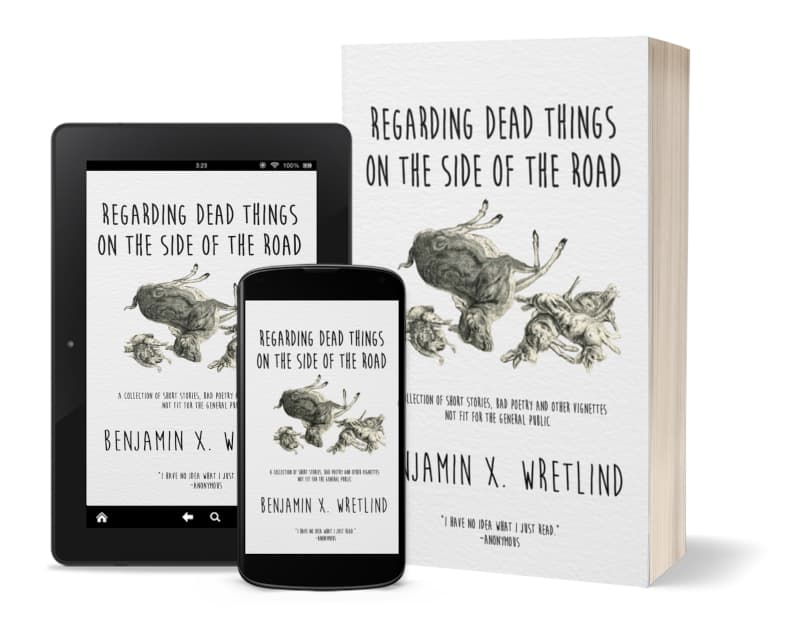Personalize Your Fiction (whether you want to or not)
Personalized fiction. Hmm. I think most authors have heard the adage “write what you know,” but how many really apply that to themselves if they’re not writing a memoir? I decided long ago to just “write what I know,” and if I don’t know something, then it’s time to be educated.
Sketches from the Spanish Mustang, while purely fictional, is full of what I call “personalized fiction.” This means that I’ve put myself into the characters, in some ways perhaps more honestly than I should have. At times, a character might make comments that are unconsciously me; in other words, I wrote them because I have said them.
Take for example the following passage. In this bit, Nathan James is watching the man who had an affair with his wife.
Nathan looked the man over, trying to figure out what Nora had seen in him. He was short and round, maybe a hair above five feet and nearly as thick. Slick black hair was combed over a balding pate that framed a ferret-like head. Two beady green eyes darted back and forth, buried under waxed eyebrows. He walked like a pompous ass, confident strides on impossibly small legs and feet. His metallic silver suit glistened under the casino lights making him look remarkably like a robotic keg…with a ferret’s head. He was out of place among the t-shirt and jeans crowd that frequented the Spanish Mustang. With each step and nod at an employee, it became apparent that he relished power and position.
What a waste of flesh.
That last thought, “What a waste of flesh,” is something I used to say frequently. For example, if someone cut me off on the freeway, I’d use that line. If I had a problem with a previous boss or fellow employee, he or she was a “waste of flesh.”
Mind you, I don’t use that line very often now. I’ve learned to open my eyes to people and believe they may have more to offer. Truth is, people do the best with what they have, and what they have is what they’ve been given.
I know. It’s a nice thought, anyway.
The above is just one example of “personalized fiction.” It’s a slight one, too and occurred unconsciously.
To really understand the deeper personalization that authors put into a work, let me tell you a secret that I don’t mind talking about: I became an alcoholic about a decade ago, a fact I’m not proud of but very willing to share. The experience was one of fear, of loathing, of downright depression. That alcoholism ended when my fiancée at the time told me to “look up” if I wanted to “find the berries.” (She’s now my wife.)
Some say that once you are an alcoholic you can never not be one. I believe that myself, since it’s often a battle that rages in my head. But because of this affliction, I was able to get inside the character of Dan Chappose. Dan is seen several times in Sketches from the Spanish Mustang, and his alcoholism was easy to write about.
If you’ve read the original novella “Mighty Chief Chappose Picks Berries” then you’ve read a little of me.
Personalized fiction can be catharsis, if such a thing is possible. Through Dan, I was able to come to grips with some of the thoughts I frequently had. I was able to put myself in his place and understand what he was going through.
Like I said, I’m not proud I was/am an alcoholic, but I am willing to share my experience and not hide behind it. If you read Sketches from the Spanish Mustang, I think you’ll understand more of what I mean when I “personalize fiction.”
As an author, we all do it, whether consciously (as in the case of Dan) or unconsciously (as in the case of Nathan). When you write, ask yourself if you can get inside the character’s head.
If you can, guess what? You already know what he/she is like.
You.


















